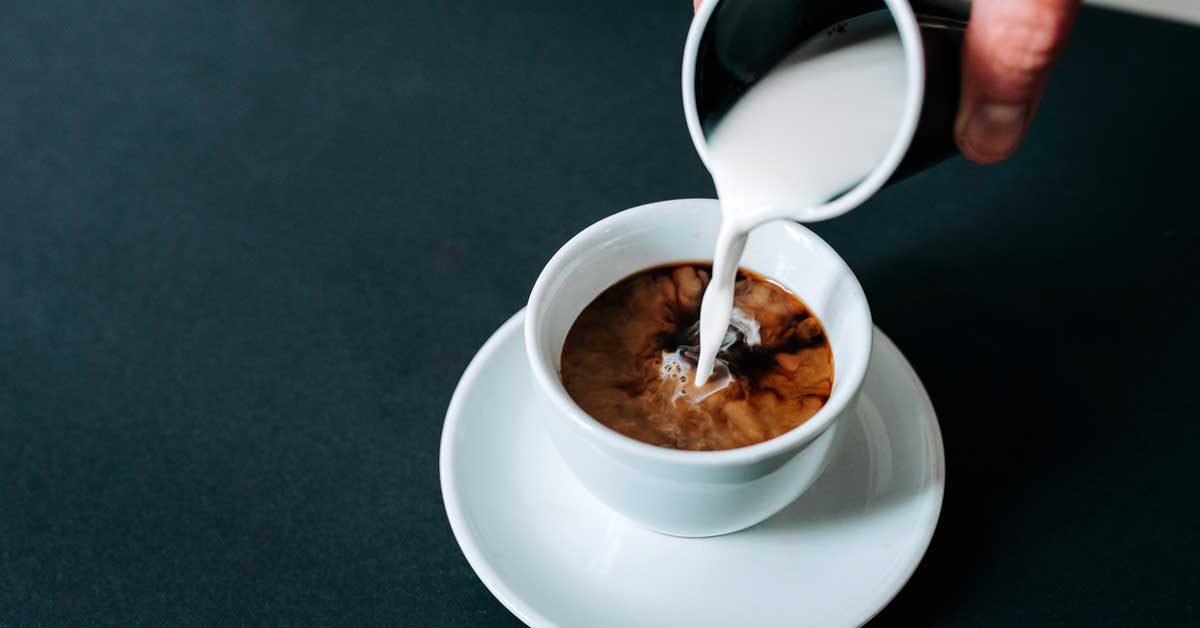Consuming a soothing, black coffee to wake you up before a morning breakfast could lead to an impairment in metabolic control, new research suggests.
According to a study, published in the British Journal of Nutrition, drinking your morning coffee after breakfast could improve metabolic control. The findings were determined by researchers at the University of Bath.
For the study, 29 healthy participants of both genders were asked to take part in a few overnight experiments.
In one experiment, participants drank a sugary beverage first thing in the morning after a normal night’s sleep. In a second experiment, a sugary drink was consumed first thing in the morning following a disrupted night’s sleep. And in a third one, black coffee was given 30 minutes before a sugary drink in the morning following similar sleep disruptions the night before.
Blood samples were taken from the participants after consumption of the sugary drink, which served as a caloric replacement to a typical breakfast.
From their findings, researchers found that one night of disrupted sleep had no impact on the blood glucose responses of the participants at breakfast time. It was determined, however, that the consumption of black coffee before breakfast raised the blood glucose response by nearly 50 percent.
The new findings suggest that coffee consumption after a bad night’s sleep, particularly in mornings before breakfast, could raise the risk of insulin resistance.
“We know that nearly half of us will wake in the morning and, before doing anything else, drink coffee – intuitively the more tired we feel, the stronger the coffee,” said James Betts, co-author of the study, in a news release.
“This study is important and has far-reaching health implications as up until now we have had limited knowledge about what this is doing to our bodies, in particular for our metabolic and blood sugar control.”
“Put simply, our blood sugar control is impaired when the first thing our bodies come into contact with is coffee especially after a night of disrupted sleep,” Betts concluded in the news release.
The study was conducted in collaboration with the Department of Physical Education at the National Taiwan Normal University.


